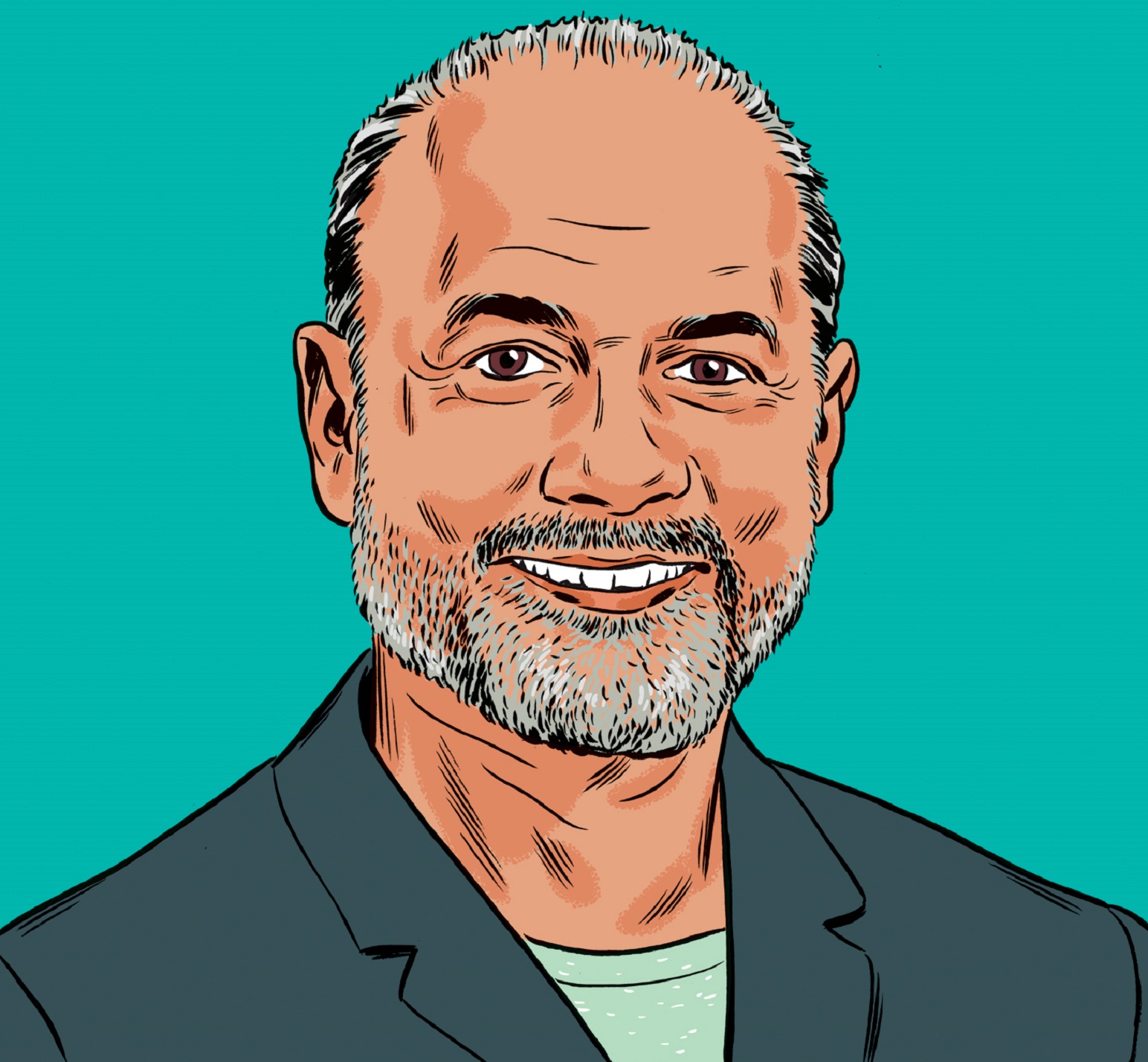
George Alagiah was born in Ceylon (now Sri Lanka) in 1955. He joined the BBC as a foreign correspondent in 1989 and now presents “BBC News at Six”.
What’s your earliest memory?
Floating paper boats in a huge puddle in the garden of our home in Colombo. I used to imagine being my uncle John who was in the merchant navy.
Who are your heroes?
I used to pretend to be Simon Templar, the Saint. My younger sisters played as damsels in distress. Why were three Sri Lankan kids emulating white people in a country we hadn’t yet been to? You may well ask – but that’s another story.
What book last changed your thinking?
Kate Raworth’s Doughnut Economics. Kate is not the first person to try to reconcile economic growth with our world’s finite resources (I read EF Schumacher’s Small is Beautiful in the Eighties) but her book makes a complex thesis accessible.
Which political figure do you look up to?
Archbishop Desmond Tutu. He showed that you don’t have to be a politician to bring about peaceful change.
What would be your Mastermind specialist subject?
I did a TV programme with the chef Nisha Katona and realised I knew more about Sri Lankan cooking than I thought I did. Years of watching my mother in the kitchen were tucked away in my memory bank.
In which time and place, other than your own, would you like to live?
Pre-colonial Sri Lanka.
What TV show could you not live without?
We’ve been working our way through The Bureau, a French political thriller. It is Homeland but with nuance and subtlety.
Who would paint your portrait?
Henny Beaumont, a friend and neighbour.
What’s your theme tune?
“Mannenberg” by Abdullah Ibrahim. It’s the very definition of Cape jazz. I was introduced to Ibrahim by a South African friend who played a part in the underground struggle against apartheid. He said it evoked the beloved country.
What’s the best piece of advice you’ve ever received?
Years ago, when I was in Harare, I wrote to my editor in London saying we were planning to start a family and was I likely to be posted elsewhere. His reply: “A child is to be welcomed into this world wherever and whenever…” He was telling me you cannot plan a life; you have to live it.
What’s currently bugging you?
Our old, predictable way of life has gone. We are going to have to get used to a measure of uncertainty. Those of us living with cancer have an advantage. Uncertainty is our middle name.
What single thing would make your life better?
Driverless cars. We head down to Cornwall a lot (or did pre-lockdown) and it’s an arduous journey. Imagine sitting back and, well, having a kip.
When were you happiest?
Last night, when I went to bed knowing, for sure, that I had another day ahead to share with loving family and friends.
In another life, what job might you have chosen?
I’d be a woman, whatever the job.
Are we all doomed?
Absolutely not. Through my work I have been to the most desolate of places, in the worst of times, and yet that’s where I have seen the power of the human spirit.
“The Burning Land”, a novel by George Alagiah, is published by Canongate
This article appears in the 01 Jul 2020 issue of the New Statesman, Anatomy of a crisis




